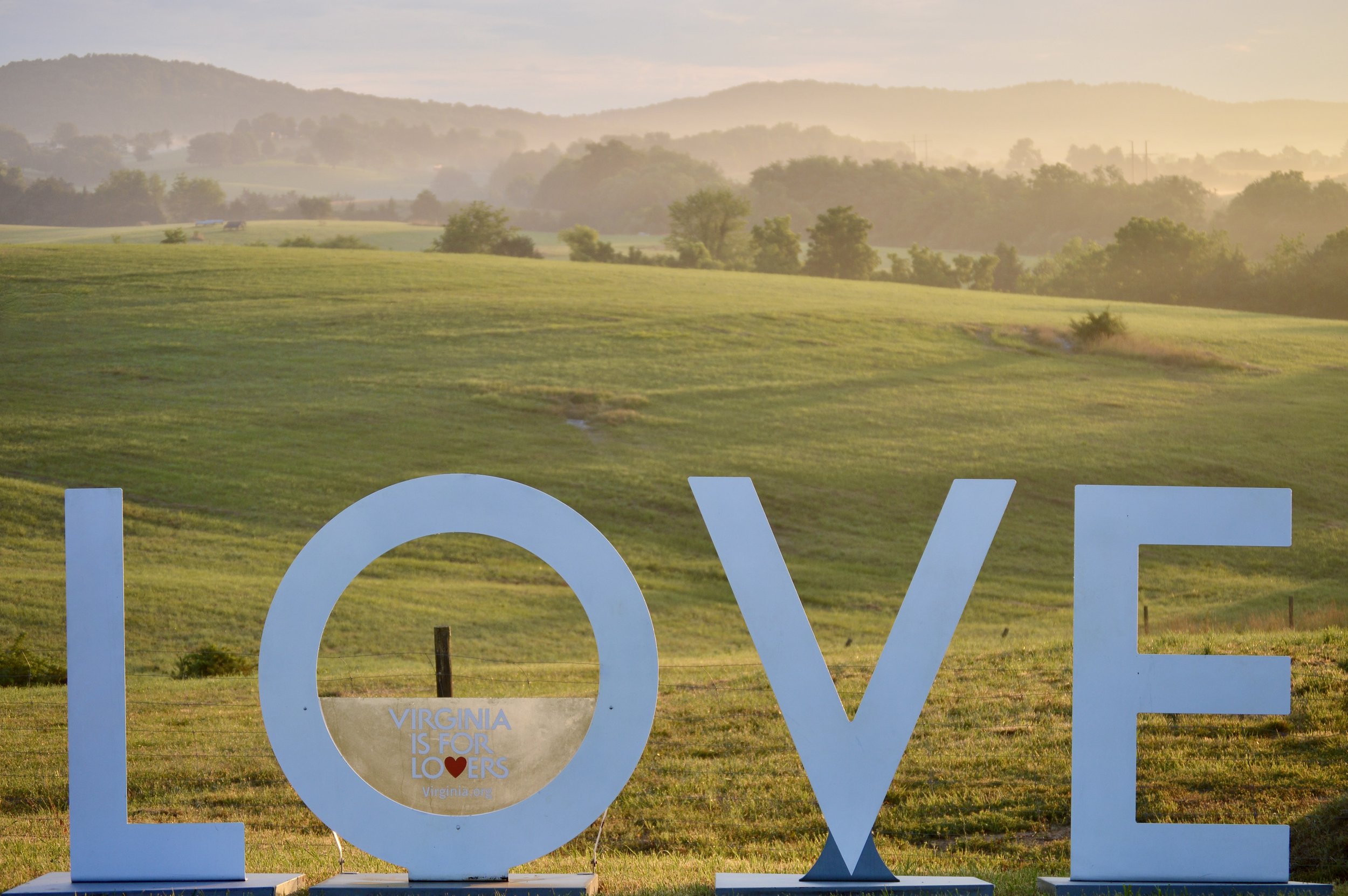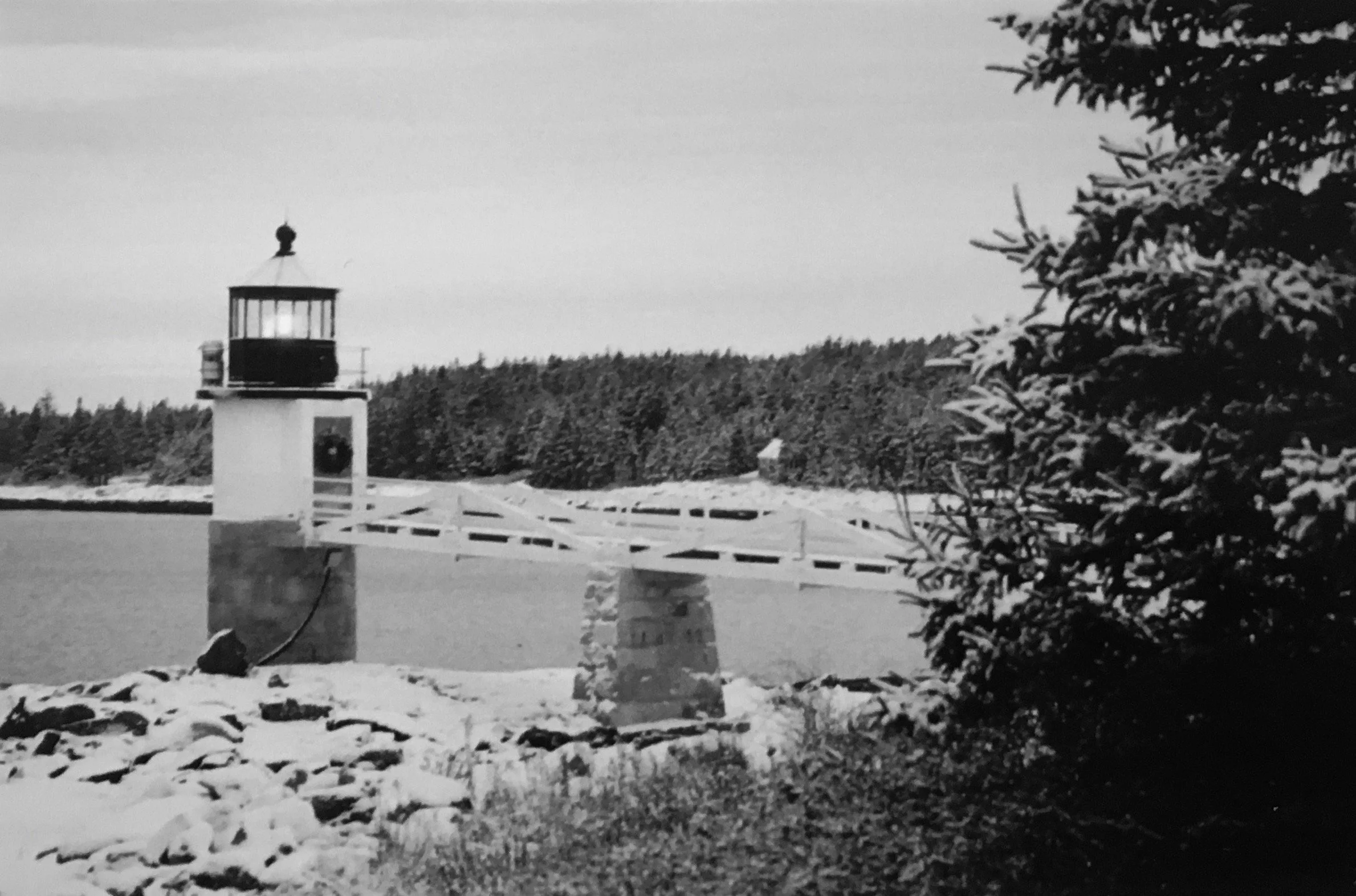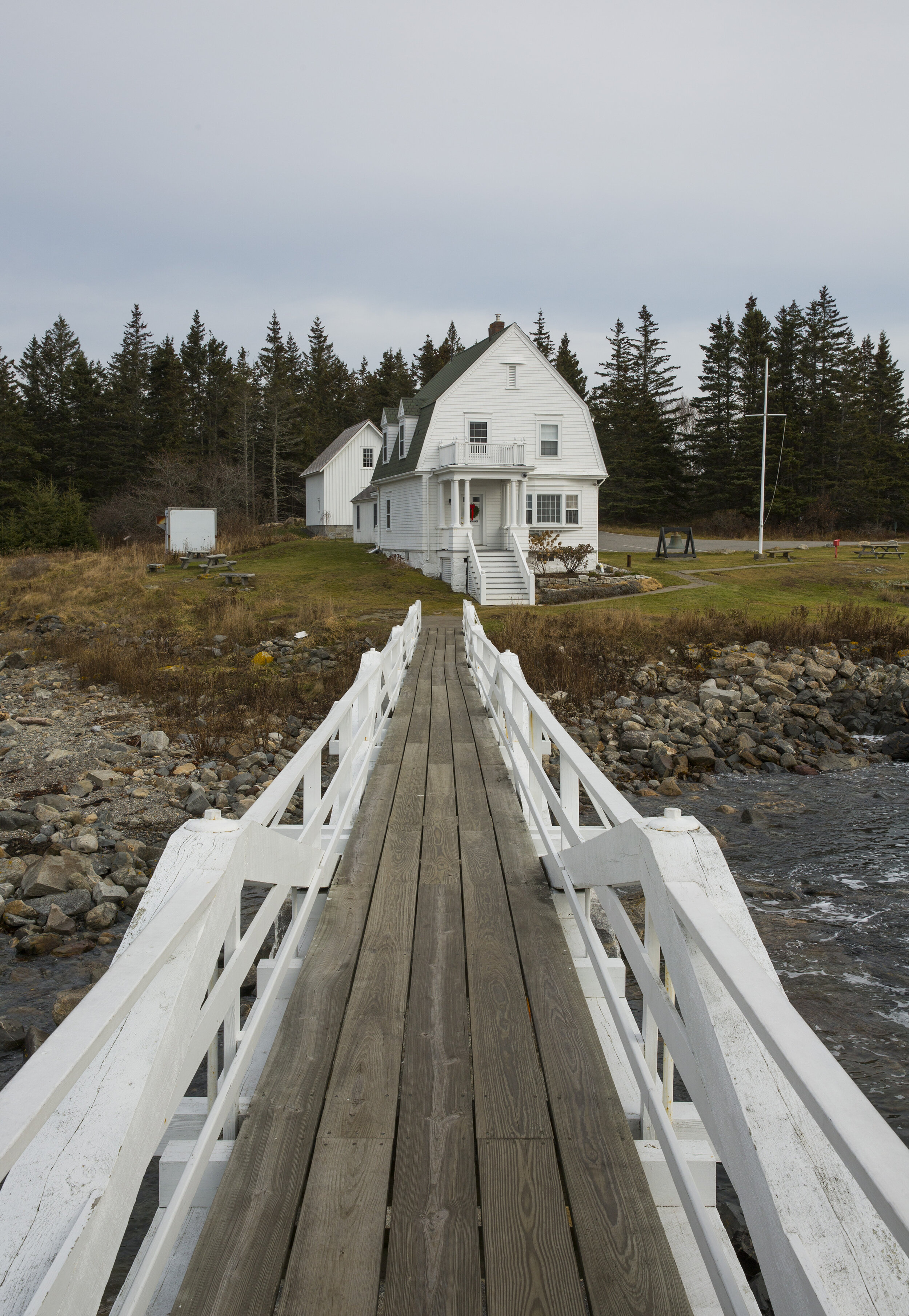As the above photo suggests, Virginia utilizes the iconic “Love” sign to feature idyllic spots around the state and I captured this one the morning of the balloon festival here in Lexington the weekend of our anniversary. Not only was the sign in sync with our celebration of love for one another but it also served as a reminder to me of how much there is to love about my home state. So I want to share some thoughts about “the love of place” and how it has played such a huge part in our minimalist journey to date.
“Explorers and adventurers understand a great truth. In order to experience the fantastic, they have to first put themselves in fantastic places,” states author Allen Arnold. “It is the same for us. Conversely, if we rely solely on common sense, we experience a common life.” Now, I am all for using common sense but relying solely on it can shrink the scope of our adventures. For example, with only a couple of exceptions, Linda and I have never moved to any of the amazing places we’ve called home with jobs awaiting us.
“And then there is the most dangerous risk of all—the risk of spending your life not doing what you want on the bet you can buy yourself the freedom to do it later,” stresses consultant Randy Komisar. As we all hopefully realize by now, events such as the pandemic can interfere with even the best laid plans. And Linda and I are so happy we made the move to sell our dream house in order to follow the new dream of living and moving more freely and lightly.
And since I alluded to it a few posts ago, I thought I’d finally share with you an update about my photography practice. My new site has been live for a while now so I invite you all to visit it at www.portphoto.net. As I mention on the home page, it is a place where I post some of my favorite images as well as share my philosophy behind the lens to give you a view of my creative vision and to reveal insights into my photographic process so I hope you enjoy it!





